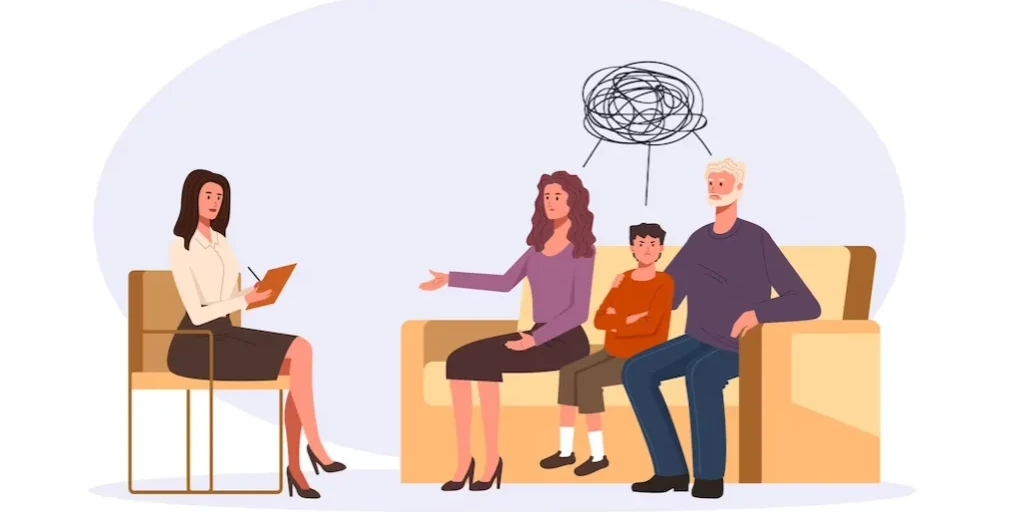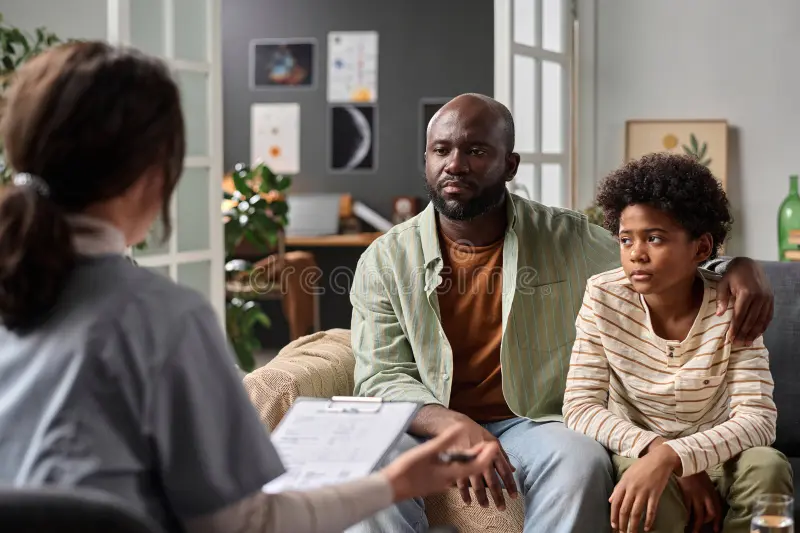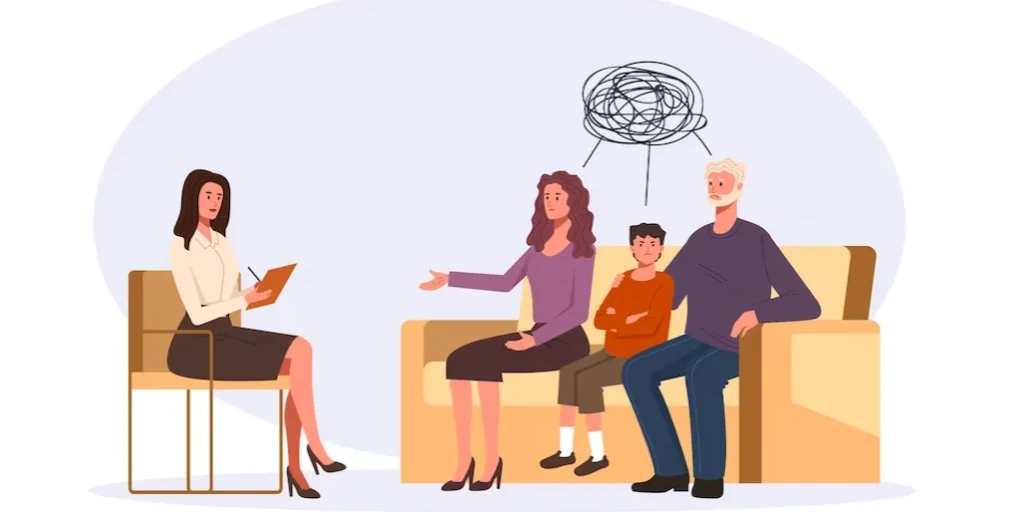24/7 Helpline:
(866) 899-221924/7 Helpline:
(866) 899-2219
Learn more about Couples Rehab centers in Kent County
Couples Rehab in Other Counties

Other Insurance Options

Optima

State Farm

Optum

CareFirst

Kaiser Permanente

Covered California

PHCS Network

Ceridian

Access to Recovery (ATR) Voucher

Self-pay options

Group Health Incorporated

Choice Care Network

Holman Group

GEHA

EmblemHealth

CareSource

Ambetter

Oxford

Cigna

ComPsych

Kent County Behavioral Health – A. F. Whitsitt Center
Kent County Behavioral Health is an accredited dual diagnosis and addiction rehab center located in ...

For All Seasons
For All Seasons provides a full continuum of bilingual outpatient behavioral health services and off...
































































































Eastern Shore Alano Club
Eastern Shore Alano Club is a non-profit rehab located in Chestertown, Maryland. Eastern Shore Alano...

Corsica River Mental Health Services – CRMHS Chestertown
Corsica River is a non-profit mental health and substance abuse clinic providing treatment to all mi...

CBH Chestertown: Kent County
CBH Chestertown: Kent County is a public rehab located in Chestertown, Maryland. CBH Chestertown: Ke...








































